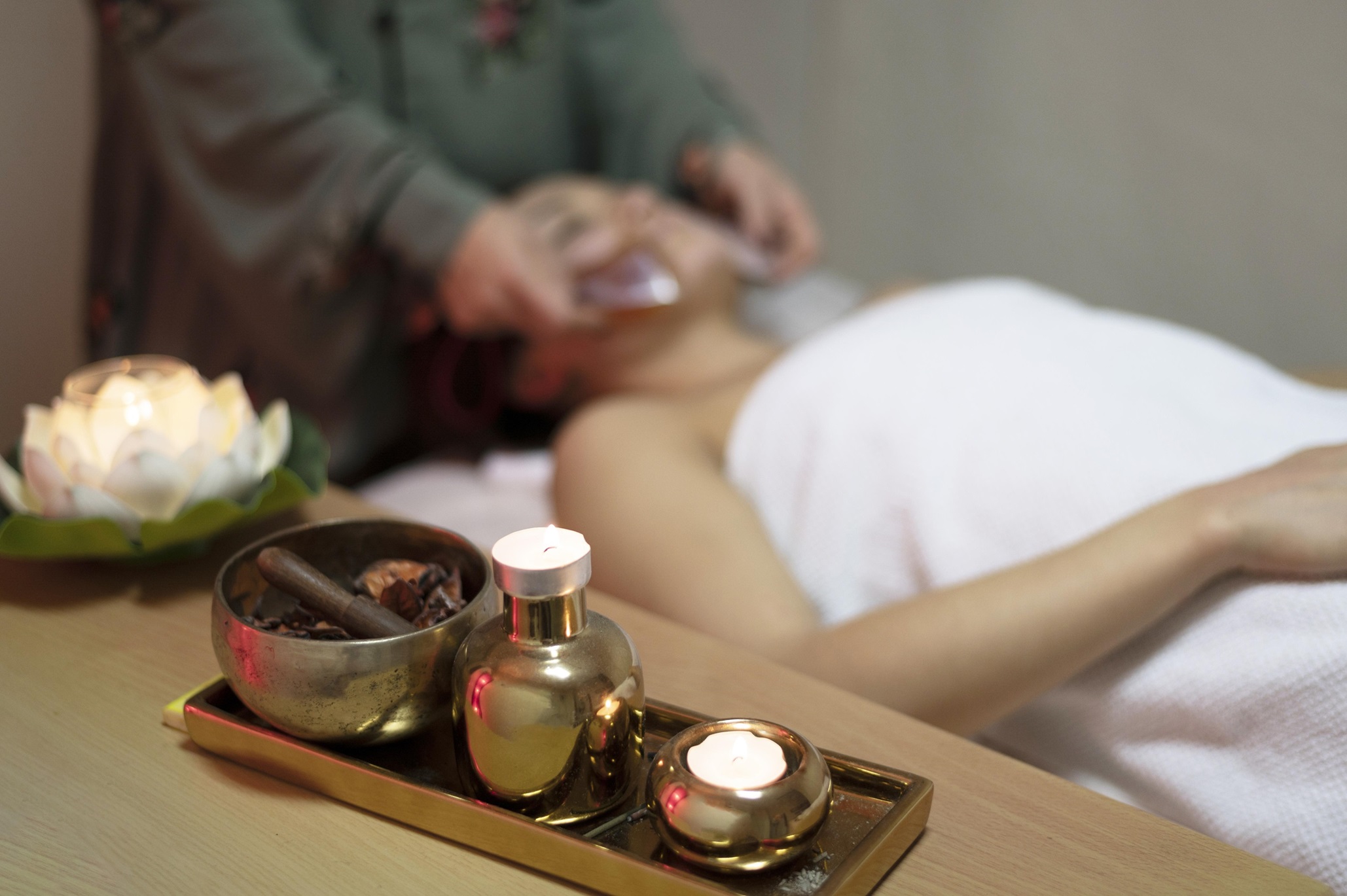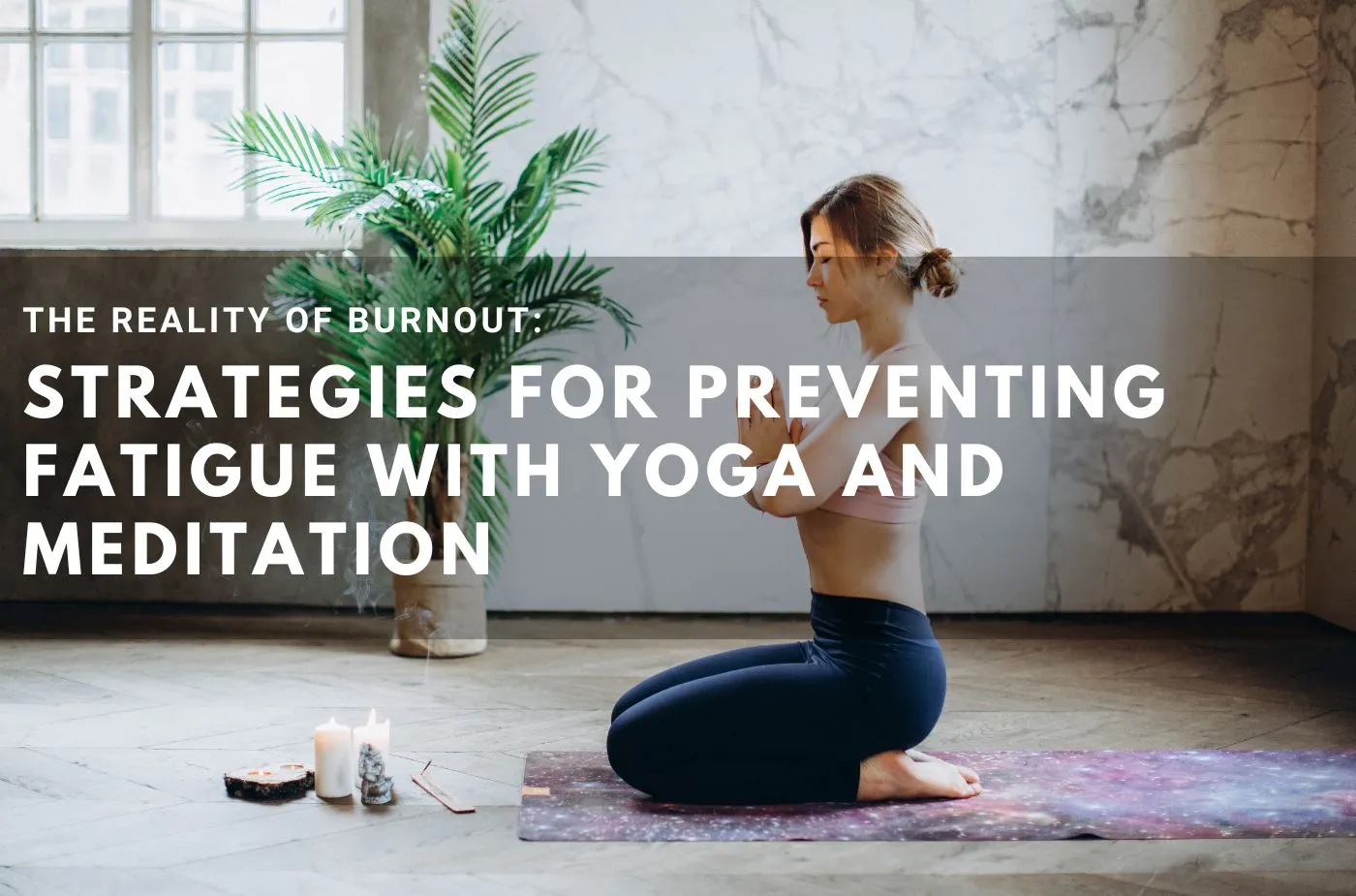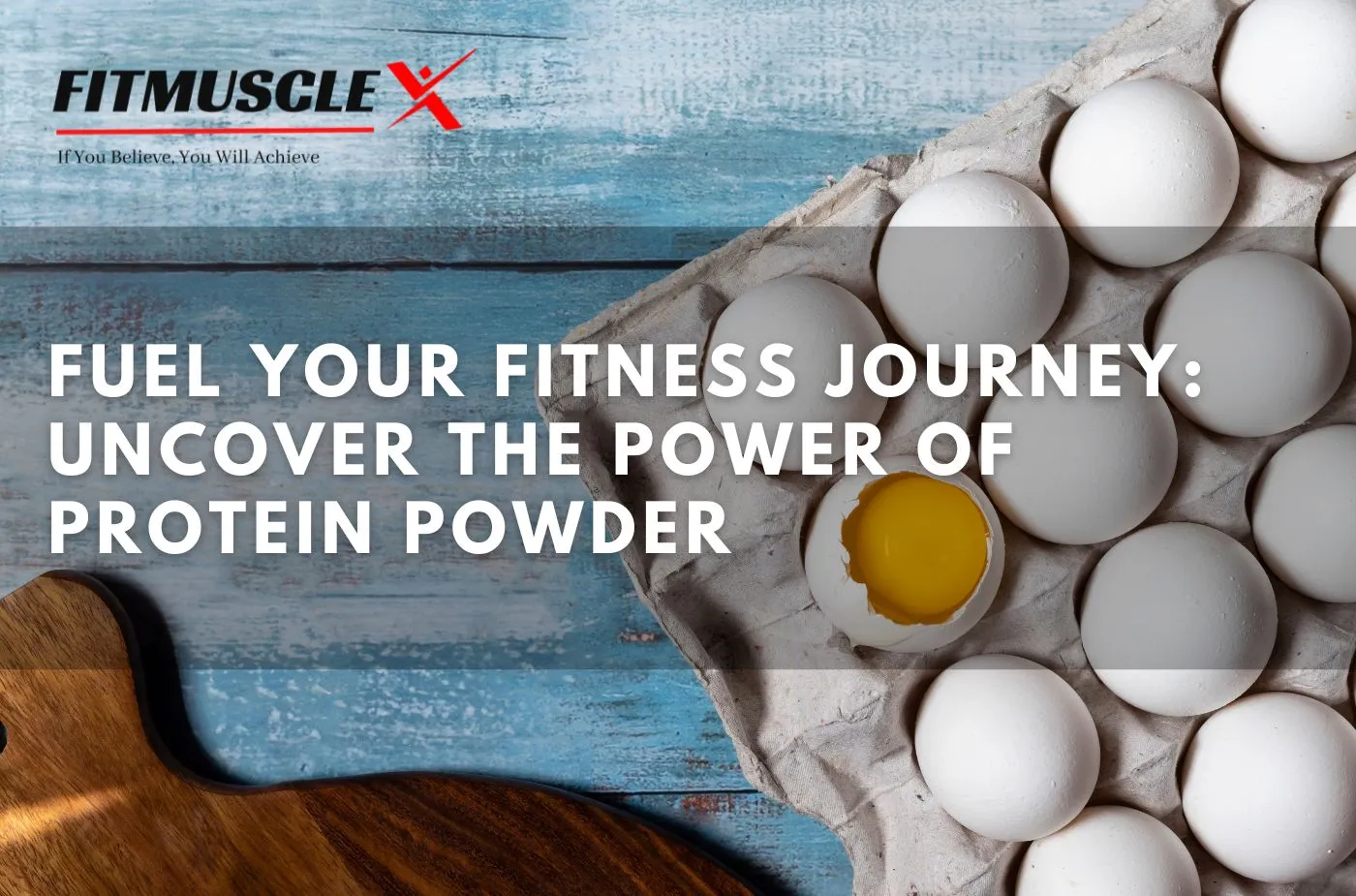Varicose veins, characterized by swollen, twisted veins often appearing on the legs, can be both a cosmetic concern and a source of significant discomfort. Modern treatments range from compression stockings to surgery, but many individuals seek natural, less invasive methods to alleviate symptoms. Ayurveda, the ancient Indian system of medicine, offers a holistic approach to managing varicose veins through diet, lifestyle changes, herbal remedies, and specific therapies. This guide explores Ayurvedic Therapy principles and treatments that can help alleviate the discomfort and appearance of varicose veins.
Understanding Varicose Veins in Ayurveda
In Ayurveda, varicose veins are linked to an imbalance in the body’s doshas—Vata, Pitta, and Kapha. Primarily, a Vata imbalance is responsible due to its association with circulation and nerve function. Poor diet, lack of exercise, prolonged standing or sitting, and other lifestyle factors can exacerbate this condition.
Ayurvedic Diet for Varicose Veins
Diet plays a crucial role in managing varicose veins in Ayurveda. The focus is on foods that balance Vata dosha, improve blood circulation, and reduce inflammation.
Foods to Include:
- Whole Grains: Brown rice, quinoa, and oats help provide sustained energy and stabilize blood sugar levels.
- Fresh Vegetables: Leafy greens, carrots, beets, and other vegetables rich in fiber and antioxidants.
- Fruits: Berries, oranges, and pomegranates are high in antioxidants and support vascular health.
- Healthy Fats: Ghee, olive oil, and flaxseeds provide essential fatty acids that reduce inflammation.
- Herbs and Spices: Turmeric, ginger, garlic, and cinnamon are known for their anti-inflammatory and circulation-boosting properties.
- Hydration: Adequate water intake is crucial for maintaining healthy blood flow and preventing blood from thickening.
Foods to Avoid:
- Processed Foods: High in unhealthy fats, sugars, and salt, which can worsen inflammation and poor circulation.
- Caffeine and Alcohol: These can dehydrate the body and impair circulation.
- Red Meat: Difficult to digest and can increase Vata imbalance.
- Excess Salt: This can lead to water retention and swelling.
Ayurvedic Lifestyle Recommendations
Lifestyle modifications are equally important in managing varicose veins. These recommendations aim to enhance circulation and reduce Vata imbalance.
Exercise:
Regular, moderate exercise is essential. Walking, swimming, and yoga are excellent for improving blood flow and strengthening the legs without putting undue stress on the veins.
Elevation:
Elevating the legs above heart level for 15-20 minutes several times a day can help reduce swelling and improve circulation.
Avoid Prolonged Sitting or Standing:
Changing positions frequently and taking breaks can prevent blood from pooling in the legs.
Compression Stockings:
Wearing Ayurvedic-recommended compression stockings can support the veins and improve blood flow, especially if your job requires prolonged standing or sitting.
Ayurvedic Herbal Remedies
Ayurveda offers various herbal remedies that can be taken internally or applied externally to relieve the symptoms of varicose veins.
Internal Remedies:
- Triphala: A blend of three fruits—Amalaki, Bibhitaki, and Haritaki—Triphala improves digestion and detoxifies the body, promoting overall vascular health.
- Guggul: Known for its anti-inflammatory properties, Guggul can help reduce swelling and improve circulation.
- Ashwagandha: This adaptogen helps manage stress and improves circulation and vein health.
- Gotu Kola: Known for strengthening veins and improving circulation, Gotu Kola can be taken as a supplement or tea.
External Remedies:
- Manjistha Oil: An herbal oil massage using Manjistha oil can improve blood flow and reduce inflammation in the affected areas.
- Horse Chestnut Extract: Applied as a cream, horse chestnut can reduce swelling and strengthen vein walls.
- Aloe Vera Gel: Known for its soothing properties, aloe vera can reduce inflammation and provide relief from discomfort.
- Neem Oil: Neem’s anti-inflammatory properties make it a good choice for topical application to alleviate symptoms.
Ayurvedic Therapies
Several Ayurvedic therapy can effectively manage varicose veins by improving circulation and reducing Vata imbalance.
Panchakarma:
Panchakarma is a detoxification therapy aimed at cleansing the body of toxins and balancing the doshas. Specific treatments beneficial for varicose veins include:
- Abhyanga (Oil Massage): A full-body massage using warm herbal oils to improve circulation and reduce Vata imbalance.
- Swedana (Herbal Steam Therapy): Steam therapy helps open up the channels and improve blood flow.
- Basti (Herbal Enema): Cleanses the colon and balances Vata, improving overall health and circulation.
Raktamokshana (Bloodletting):
An ancient technique used in Ayurveda, Raktamokshana involves the removal of small quantities of blood to reduce local congestion and improve circulation. This should only be performed by a trained Ayurvedic Therapy practitioner.
Holistic Care and Prevention
Preventing varicose veins or managing them effectively involves a holistic approach that includes diet, lifestyle, herbal remedies, and therapies. Here are some additional tips to incorporate into your daily procedure:
Daily Routine (Dinacharya):
- Start the Day with a Glass of Warm Water: Helps stimulate digestion and flush out toxins.
- Dry Brushing: Before bathing, use a natural bristle brush to stimulate lymphatic drainage and improve circulation.
- Warm Oil Massage: Regular self-massage with warm sesame or coconut oil can enhance blood flow and reduce Vata imbalance.
- Adequate Rest: Ensure you get enough sleep to allow your body to heal and maintain balance.
Conclusion
Ayurvedic therapy offers a comprehensive and natural approach to managing varicose veins. By balancing the body’s doshas through diet, lifestyle changes, herbal remedies, and specialized treatments, individuals can find relief from the discomfort and cosmetic concerns associated with this condition. As with any medical treatment, it is essential to consult with a qualified Ayurvedic practitioner to tailor a plan specific to your needs and ensure safety and effectiveness. Embrace the wisdom of Ayurveda to enhance your vascular health and overall well-being.





